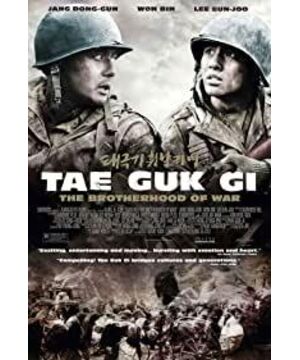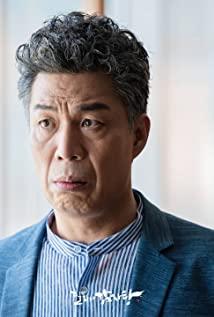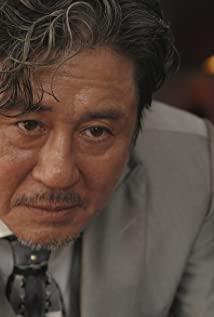Of course, I also think this is a very good film. It is a work that stands on the height of human nature and is full of humanistic care.
However, after reading it, I always felt that there was something wrong. It's like a person gets stuck in his throat when he eats fish and feels uncomfortable, but you don't know where it is. Then I felt like I found it.
In this film, brotherhood, that is to say, the brotherhood between men is too strong, which leads to a sort of collapse. The relationship between mother and child and lover's relationship is pale and feeble in the face of such overly strong emotions. It should be said that the director used excessive force, which caused deformation.
I've only watched this film once, but I never forget Yongchen, Zhentai's husband and wife in the film. Such a young and beautiful figure, her face, her clothes, her hair, and her expression all make me think that the most traditional and yearning woman in Chinese men's mind is light, delicate, simple, and gentle. The director paid little attention to her, but it was still impressive.
At the beginning of the movie, Jintai brothers came home and looked for food like a child. She blamed the two brothers like a mother and smiled. She took out a handkerchief to wipe off Jintai. This handkerchief was made by her with a skirt. Made of fabric; she secretly kissed her lover and put her handkerchief in Zhentai’s pocket like a mother had ordered her child. These shots were so warm.
The war began, and they began to flee. Like every gentle and virtuous woman, she was willing to take everything in the house, but Zhentai didn't understand her so rudely. It was heartbreaking to hear her say, "There are still two jars of pickles in the house, and the potatoes I planted on the back mountain".
She is such a simple woman. Maybe she is like Zhentai and has no culture, but her love for Zhentai and life is moving and reminds me of many women in Jin Yong's writings.
But for some reason, Zhentai seems to have not shown much enthusiasm for this fiancée all the time. In these shots, it can be seen that his response to the affectionate Yongchen was indifferent, and the brothers were later arrested as soldiers. In the most miserable years, it can be seen that he missed her slightly. Zhentai always put all his heart on his younger brother, as if his life existed for his younger brother. He didn't care so much about other people, including his mother and several other younger siblings.
There is no need to write more about the next thing. Yongchen died in his arms and told him before dying that she had not done anything to sorry him. In fact, she died for everyone. Yongchen died, he was sad, but he was not mad, until he mistakenly thought that his brother was burned to death, he finally collapsed, his world ceased for an instant, he went mad, and he completely became another one Man, in order to dispel the resentment of losing his brother, he did many unreasonable things. Putting it on a normal man, I can't understand it. So that I think he is simply not a normal and healthy man.
I think that a normal man, a healthy man, brotherhood is certainly valuable, but the love between men and women, the love between mother and child, should have equal weight in his mind. The director may project the relationship between North and South Korea onto the two brothers in reality under the awareness of the theme first, and use the concept to interpret the story. As a result, the concept is too expanded and powerful, and the real emotions are distorted and appear to be forced. Excessive, insufficient persuasiveness, this is where this film fails.
View more about Tae Guk Gi: The Brotherhood of War reviews









